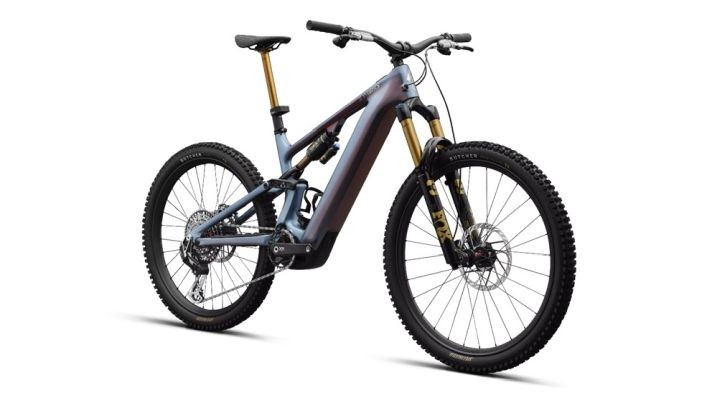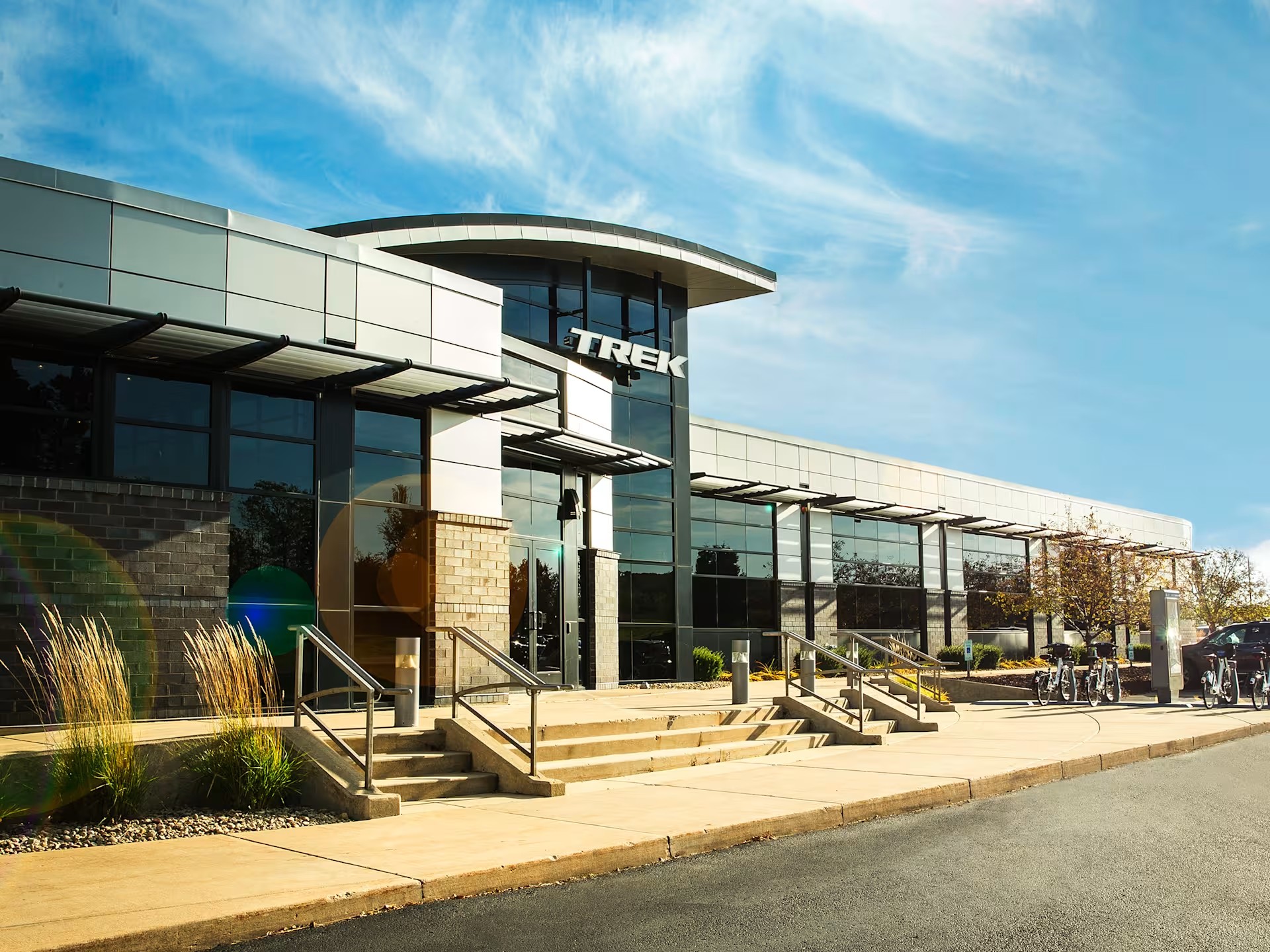Text: Wheel Giant
On April 2, U.S. President Donald Trump announced the “Liberation Day Tariffs” policy, sending shockwaves through the global bicycle industry. Although the administration later introduced a 90-day grace period and reduced the tariff rate to 10% during this time—excluding China, which remains subject to higher duties—the global cycling sector remains on edge. In response, major U.S. brands have swiftly taken action, implementing price hikes, adjusting business strategies, and in some cases, even facing company closures.
Specialized Introduces Transparent Tariff Surcharge
Specialized was among the first to respond, informing retailers on April 9 that it would implement a 10% tariff surcharge as a separate line item on B2B invoices for its newly released Turbo Levo 4 e-MTBs, starting May 1. Orders shipped before that date will not be affected. The brand also announced that beginning in May, retail prices across its full lineup of bikes and equipment would increase accordingly. Specialized emphasized that by itemizing the tariff, consumers can clearly see the cost breakdown, marketing assets won't require updates, and the company retains the flexibility to adjust if government policies change.
Trek Implements Immediate Price Increases
Trek followed suit shortly after, notifying its dealer network on April 17 that immediate price increases would take effect across most Trek and Electra models. The company cited the need to address significant cost hikes driven by the new 10% tariff. In a strategic move to prevent retailers from stockpiling pre-tariff inventory, Trek also applied the increases to all backordered products. The company reassured dealers that while prices are rising, the value of their current inventory has appreciated, and future sales would generate higher gross profit margins.
Revel Bikes Shuts Down Amid Mounting Pressure
In contrast to the actions taken by industry giants like Specialized and Trek, Revel Bikes, a mountain bike brand based in Colorado, announced the closure of its operations on April 17, 2025. After struggling with significant financial challenges—product delays, mounting debt, and a weakened market post-COVID—Revel was unable to recover. The company has begun liquidating its assets and entered an orderly wind-down process, transferring control to the bank holding its senior debt. Revel's closure highlights the precarious financial landscape faced by smaller brands in the cycling industry, as many continue to grapple with the combined impact of rising tariffs and the lasting effects of the pandemic.
Industry at a Crossroads
While the new tariffs have been temporarily reduced to 10%, they are part of a broader strategy aimed at enforcing trade reciprocity. This move, however, is placing additional pressure on an industry already struggling with post-pandemic recovery, supply chain disruptions, and declining demand.
As major brands like Trek and Specialized adjust their pricing and operational strategies to navigate these challenges, smaller, more innovative companies may find it difficult to survive. What is clear, however, is that the cost of cycling is rising, and the U.S. bike market could look quite different in the months to come. (Daphne Chen)

Courtesy of Specialized

Courtesy of Trek
 Courtesy of Revel Bikes
Courtesy of Revel Bikes






